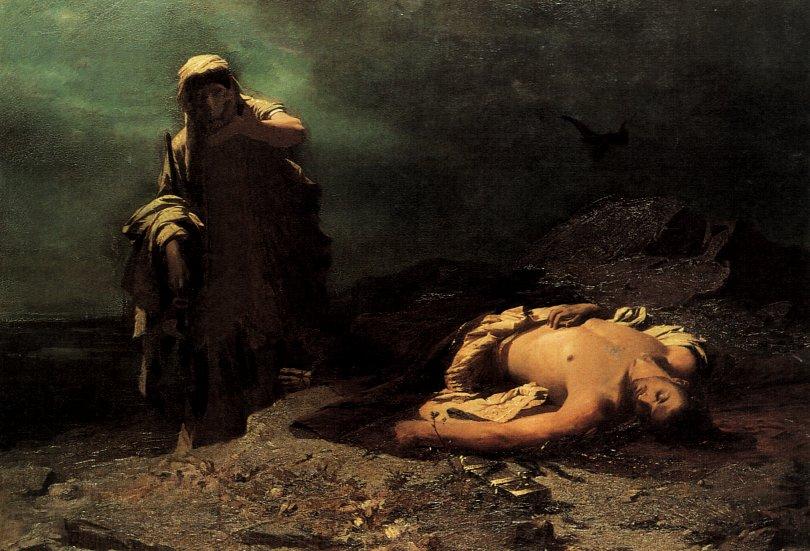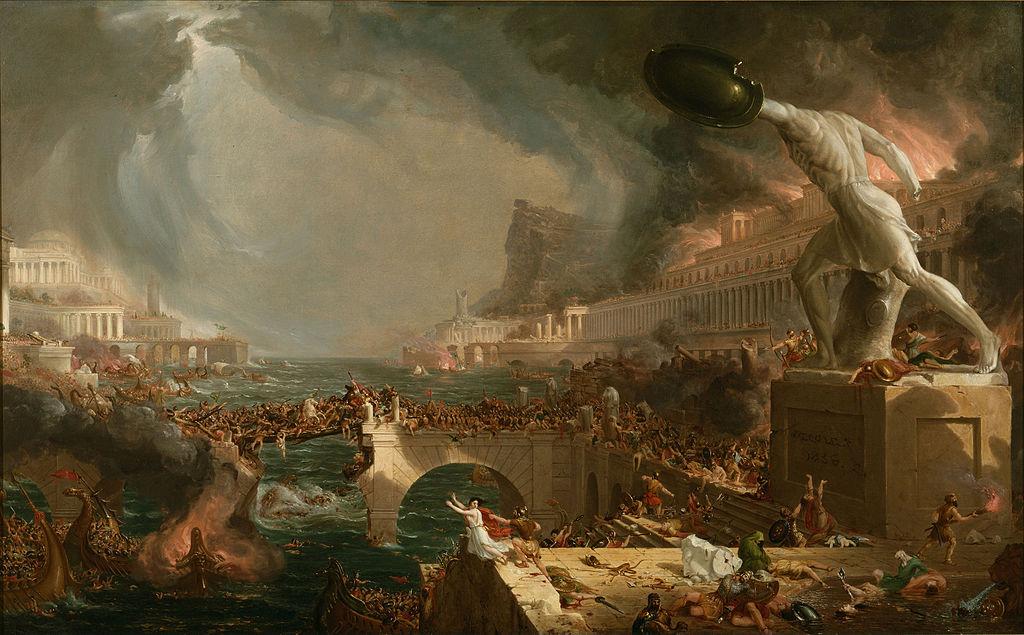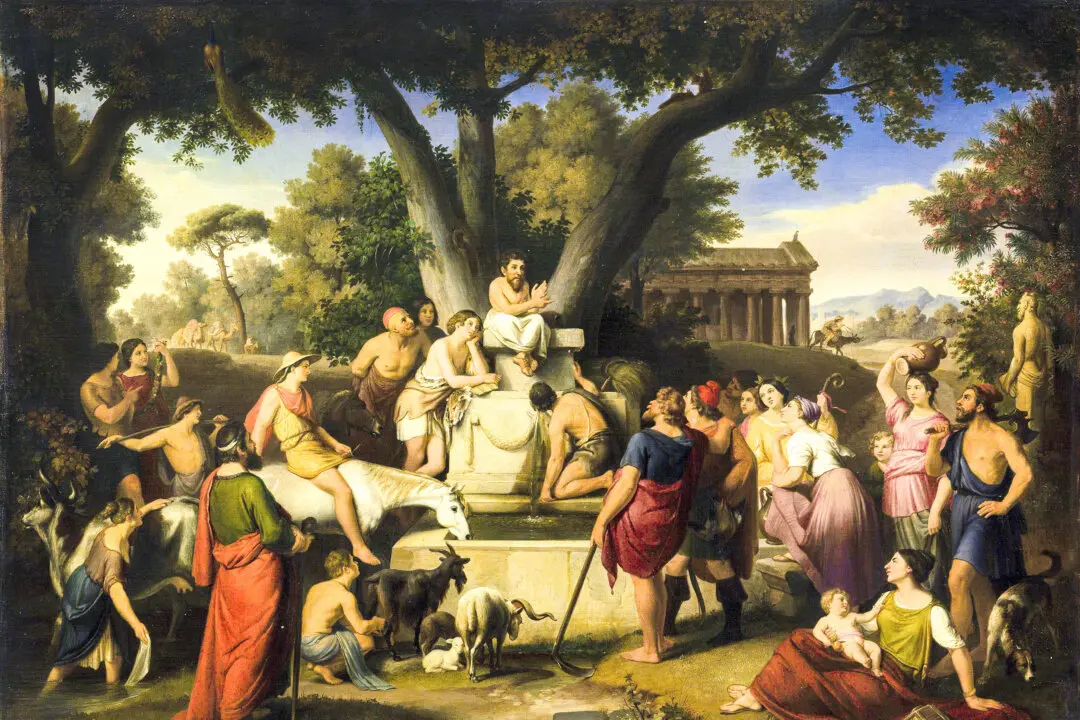In around 440 B.C., the playwright Sophocles (496–406 B.C.) shook the Ancient Greek world with a play about a young girl who defied a power-loving tyrant. Over 2,000 years since its first live performance, “Antigone” remains one of the most provocative dramas in history, pushing readers to wrestle with fundamental questions about truth, love, and justice.
War and Piety in ‘Antigone’
When the Greek city state of Thebes collapses into chaos after the self-exile of its king, Oedipus, his two sons, Eteocles and Polynices, vie for the throne. They rally armies, fight, and kill each other in battle. Creon, their uncle, assumes the throne. The new king grants Eteocles an honorable burial but declares that Polynices is a traitor and should remain unburied: “It has been proclaimed throughout the city/ That no one shall mourn this man nor give him/ A proper burial. He should be left for all to see, unburied/ His body ripped to shreds by vultures and wild dogs.”
A bust of Sophocles. sonofgroucho/flickr/CC-BY 2.0






